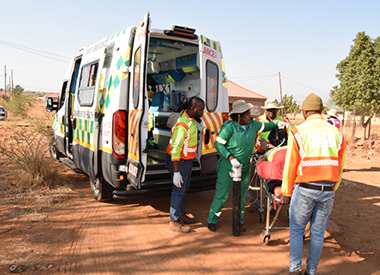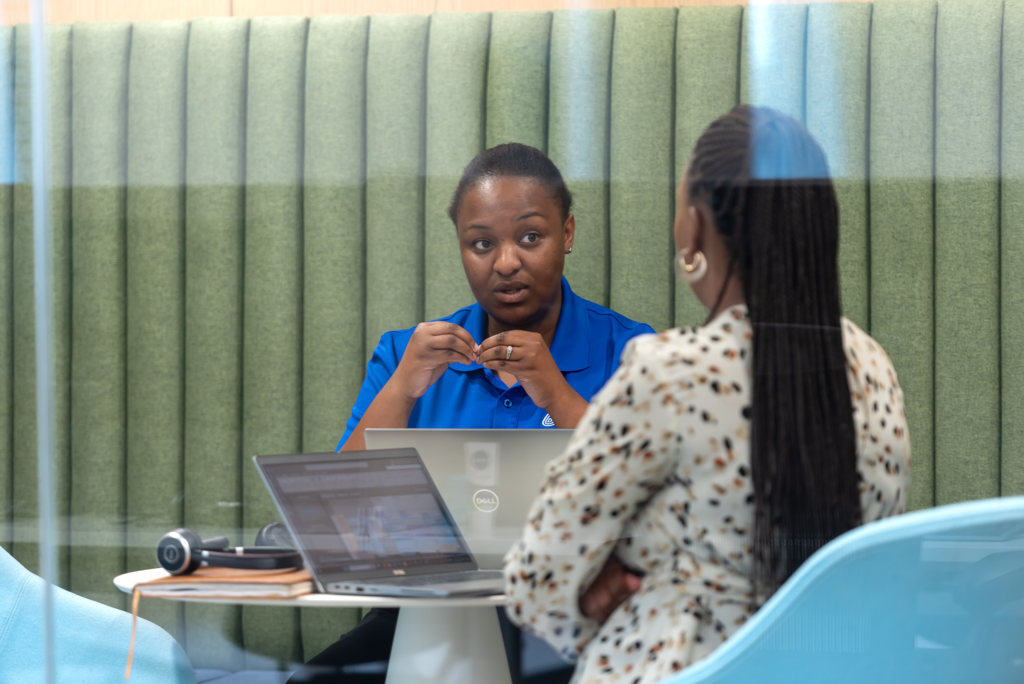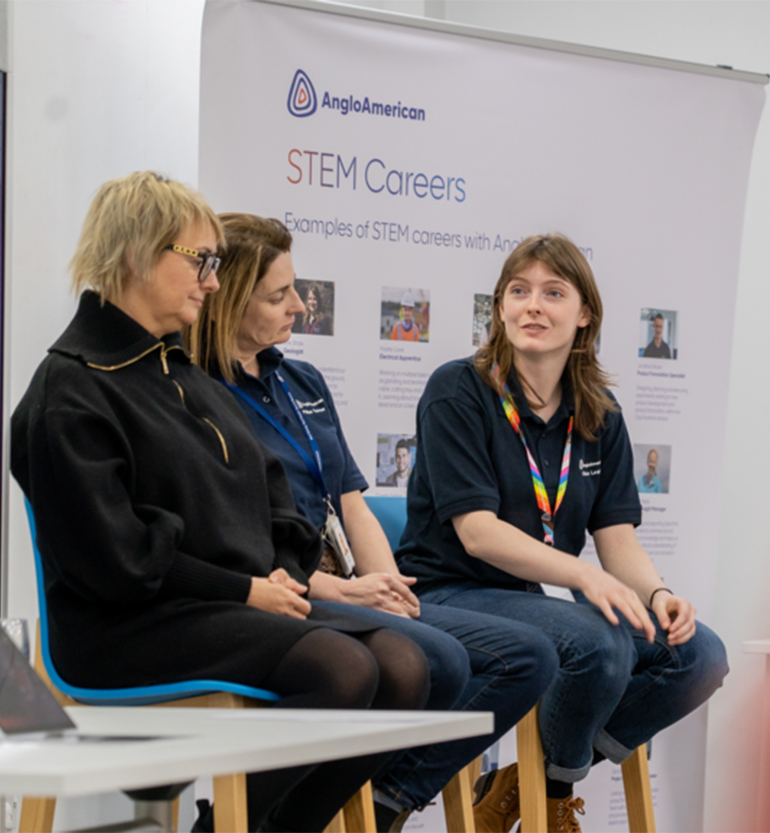An education system with many challenges – and many opportunities.
In the 2023 Programme for International Student Assessment (PISA) results, Peru ranked 59th out of 81 countries assessed, reflecting significant challenges within its education system.
Among those challenges are the need to strengthen leadership in education institutions; raising the standard of teacher training; expanding physical spaces; and encouraging greater participation by students and their families in the education system.
At the same time, there is a pressing need to address issues related to digital connectivity, infrastructure and transportation in rural areas.
The host community of Moquegua, surrounding our Quellaveco copper mine, while being part of one of Peru’s better-performing regions in education, continues to face these critical issues, including 70% of 4th graders lacking satisfactory reading skills.
Yet, despite these obstacles, Moquegua’s educators and people share a strong desire for quality education, as demonstrated by supportive public policies and high levels of community involvement in trying to improve education outcomes.
Such motivation gives the region the impetus to become an education hub, with Anglo American playing a significant role in its transformation.




